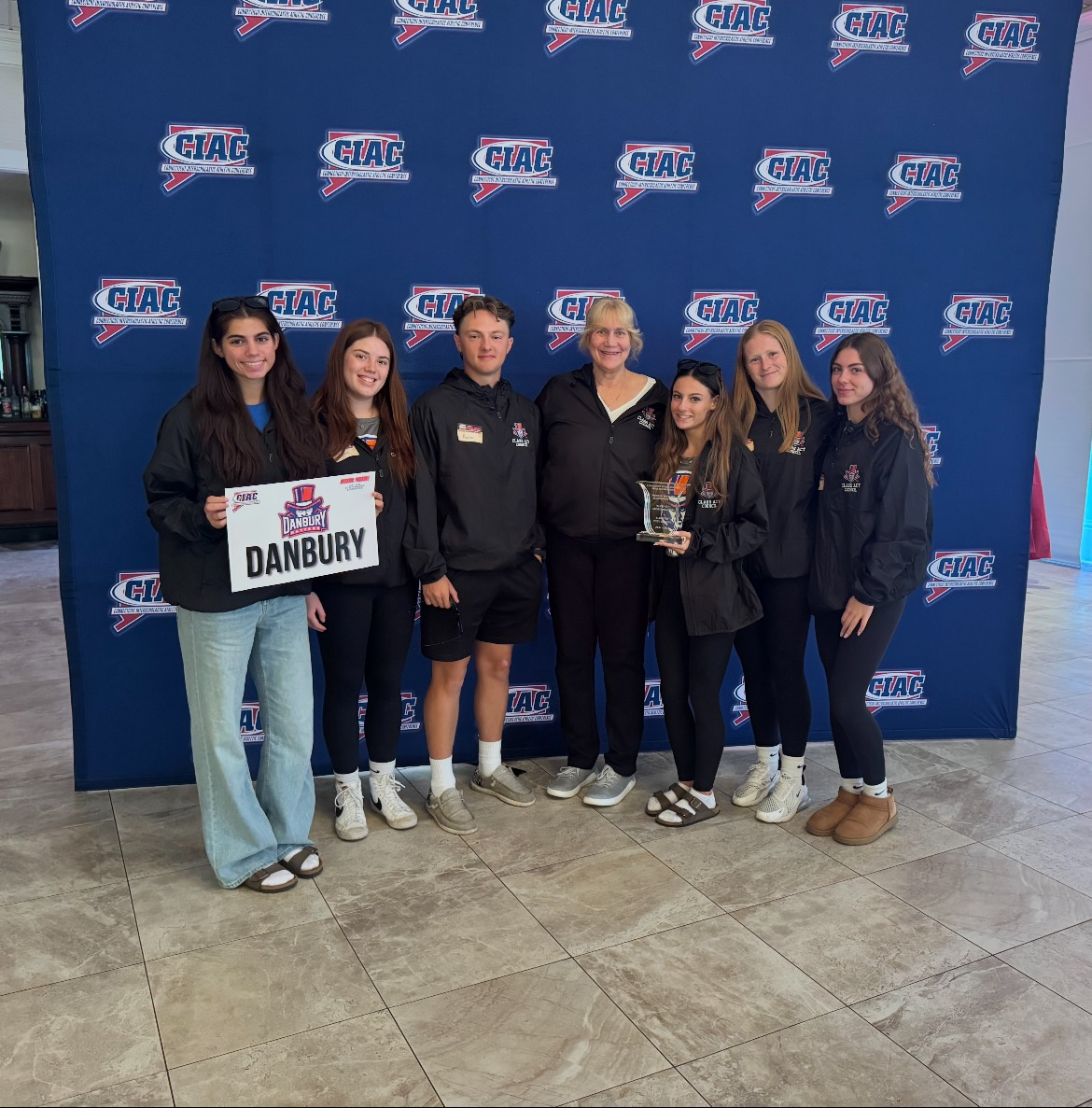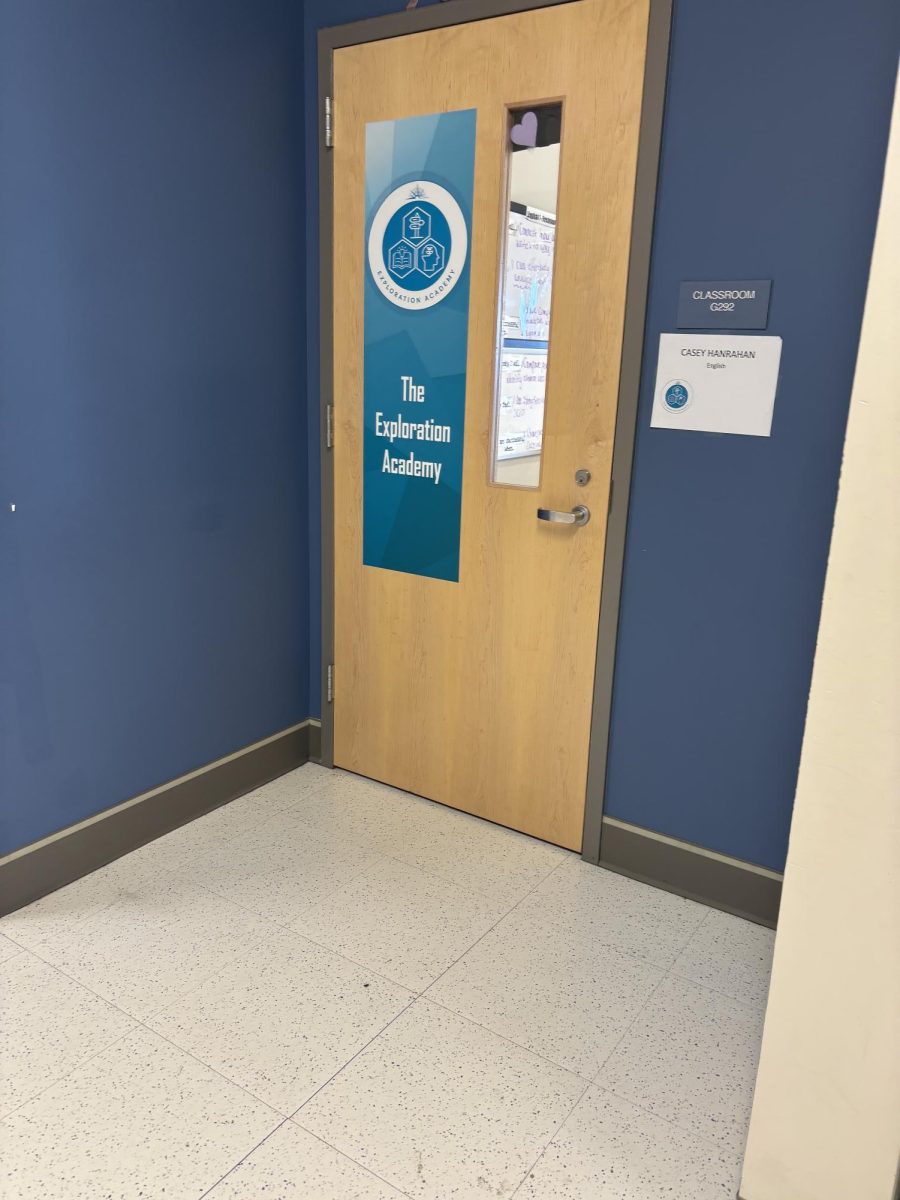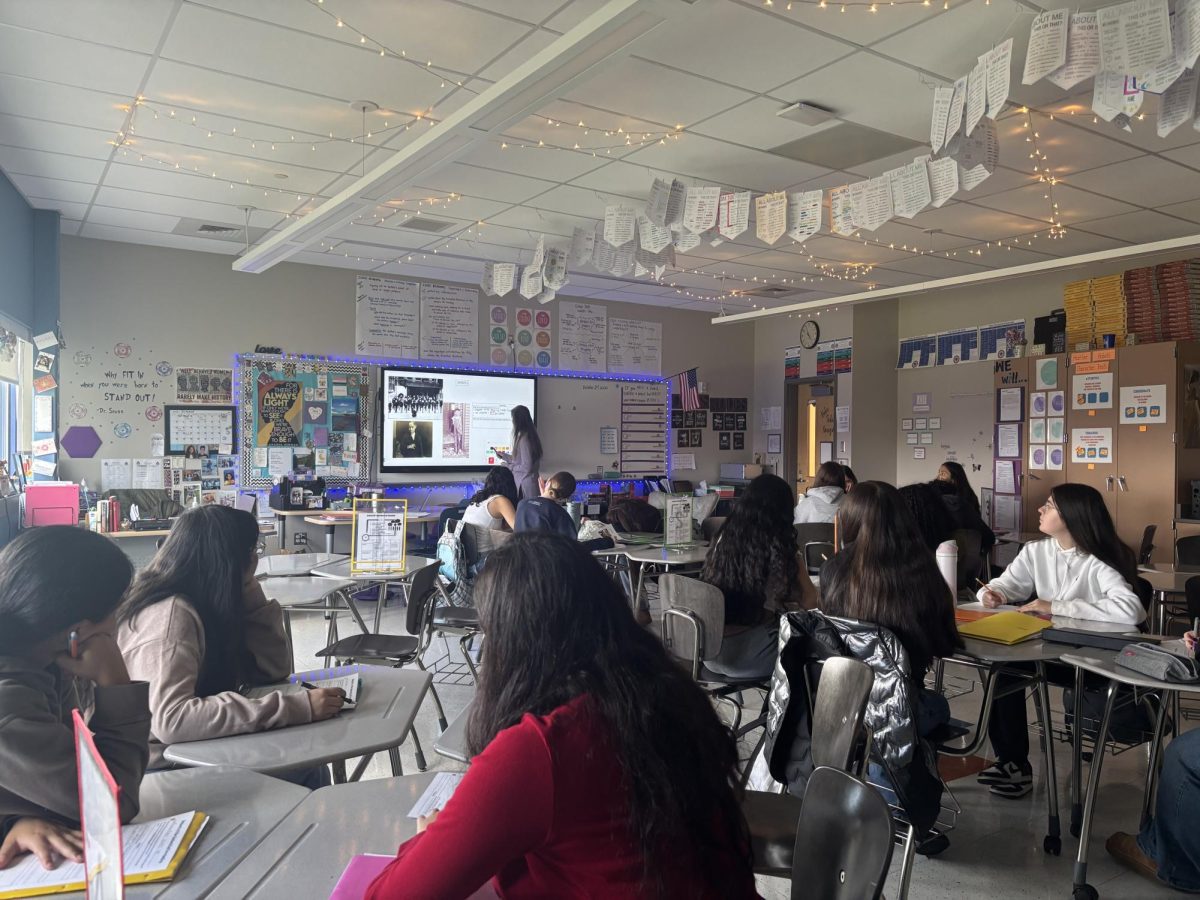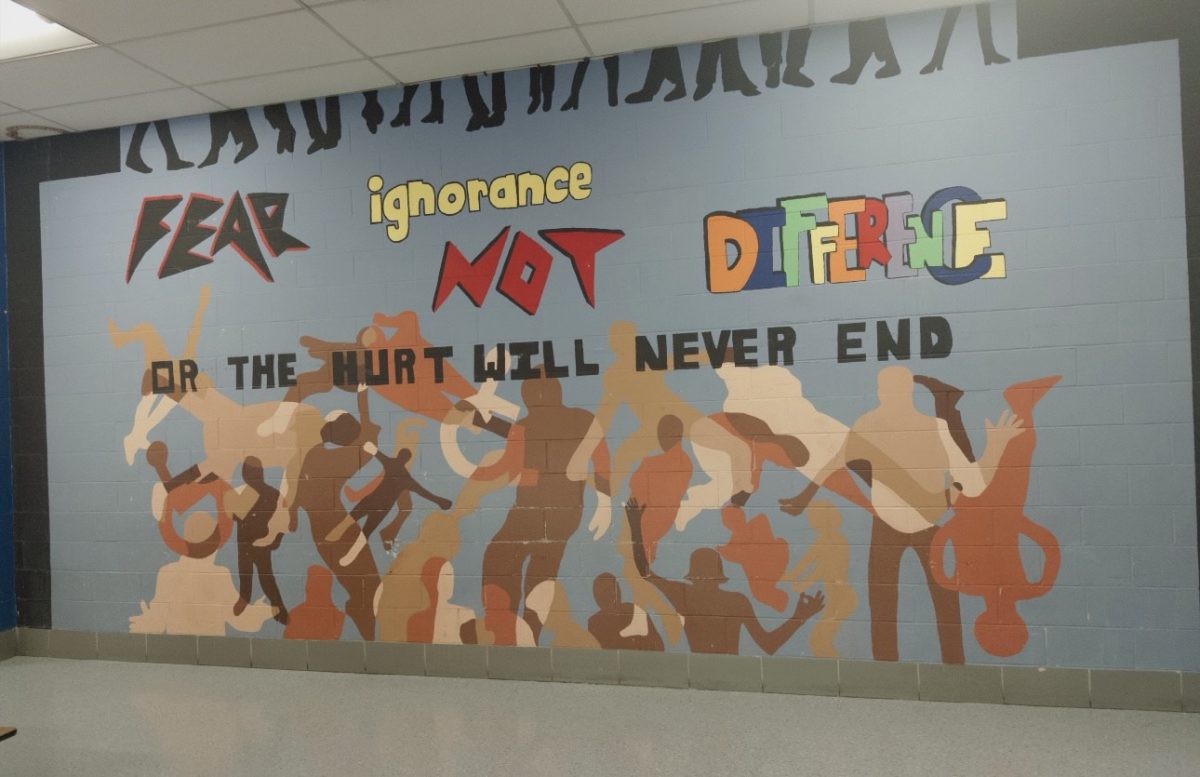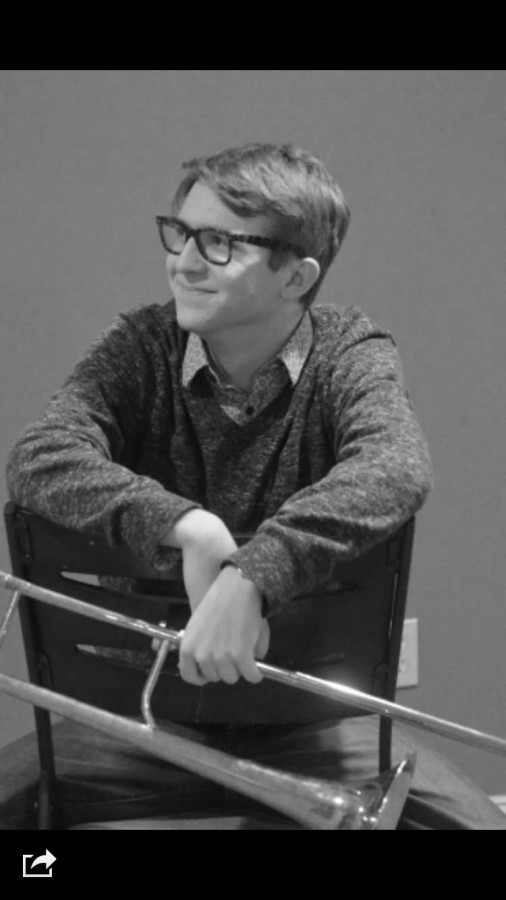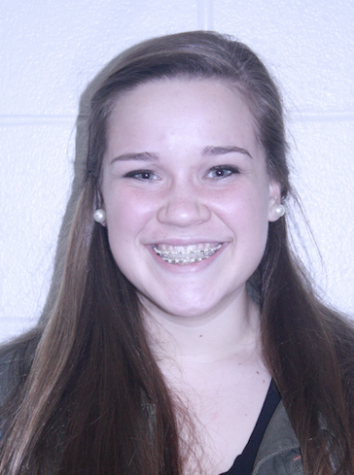Western Region auditions put Danbury on the musical map
Photo courtesy of Lauren Chakaboarty
Western Regions second-chair Daniel Koveleski smiles with his trombone.
December 2, 2015
Danbury High School recently opened its doors to thousands of Connecticut’s ambitious musicians to audition for the prestigious Western Regional ensembles.
Any students enrolled in a musical ensemble in their school are immediately eligible to audition for the ensembles, and this marked the second year DHS hosted students and judges alike to discern which students are qualified to participate in this elevated performance.
DHS piano and guitar teacher Susan McKenzie described the event as “where musicians can go and audition to be part of a higher level of musicianship across the state. We take the best students who audition and they form new choirs, new orchestras, new bands. It actually happens in the west, the east, the north, and the south of New England.”
McKenzie, along with choir director Kim Russell, band instructor Ted Adams, and orchestra conductor Melissa Peters diligently organized and prepared the building for Western Regions.
“Literally, you have to plan every room that we use. We used all of D building, all of A wing, C building, the cafeteria, auditorium, you plan what every single room is going to be,” McKenzie said.
“We had to make sure we had food ordered for breakfast and lunch for all the judges,” added Russell.
Both teachers expressed their gratitude for the student volunteers who set up stands, chairs, and various equipment throughout the building and waited on judges throughout the day.
No small task, by any means.
Numerous students from Danbury music ensembles joined the chaos on Nov. 14.
Included were Daniel Koveleski, auditioning for trombone, Saintphanie Porcenat for voice, and Michael Gaboardi for both voice and guitar.
The auditionees had a preparation process of their own.
“I practiced, I crammed literally. I practiced every day for the last two weeks, like really intensely because I learned the piece for both voice and guitar,” Gaboardi said.
Many students “crammed,” going over their material in the cafeteria during the last minutes before their audition.
“Nerves are a big factor, and you want to get there beforehand. You might be slipping up and making mistakes you wouldn’t normally make, so warming up in the cafeteria might help fix those mistakes,” Koveleski explained.
Many are familiar with the paralyzing effect of nerves, so what is the undermining deciding factor that proves greater than fear?
“I wanted the audition experience. I’ve never been at an audition before, so this was my first. It was good, it was nerve-wracking, but it’s nice to know I have that experience and that I can use that in the future,” Porcenat admitted.
Koveleski, who made second-chair trombone, said that “Honestly, the music is what draws me to come back and play. The directors, too.”
As it turns out, hosting the Western Region auditions depends much upon the resources of the school.
Danbury’s size and location right off of Interstate 84 proved convenient, but perhaps the real prestige is the opportunity for exposure.
“I think it’s a way to show off the facilities to other students, because they don’t really know what’s going on here,” Gaboardi pointed out.
Porcenat added, “I was in the hallway and there were Wilton girls and there were Ridgefield girls and they were all just like, ‘Oh my God, this school is so big, and it’s so awesome.’ And I think it says our music program is growing, it says we’re doing great things. We’re allowing other people and other schools to experience what we’re experiencing so it’s pretty cool.”
Russell also said that to “get people in the building and to have Danbury High School students represent the school well is always a good thing.”
The choir director has been on both sides of the spectrum, as she has now hosted auditions as well as judged.
“This is my seventh year here, and I’ve had a couple audition every year. I’ve had three get in. It’s hard to get in, because of the number of people who try out and there’s only a certain number of slots,” she voiced.
Koveleski, famous for his relentless puns and analogies, put the experience into perspective in his own distinctive style.
“Judges seem to be like a deranged child with a magnifying glass over an anthill,” he said. “Unfortunately, the students doing Western are the ants trying to get into the anthill. If you can’t withstand the heat from the magnifying glass and keep your spot, you’ll never make it. You won’t get back to the anthill.”


